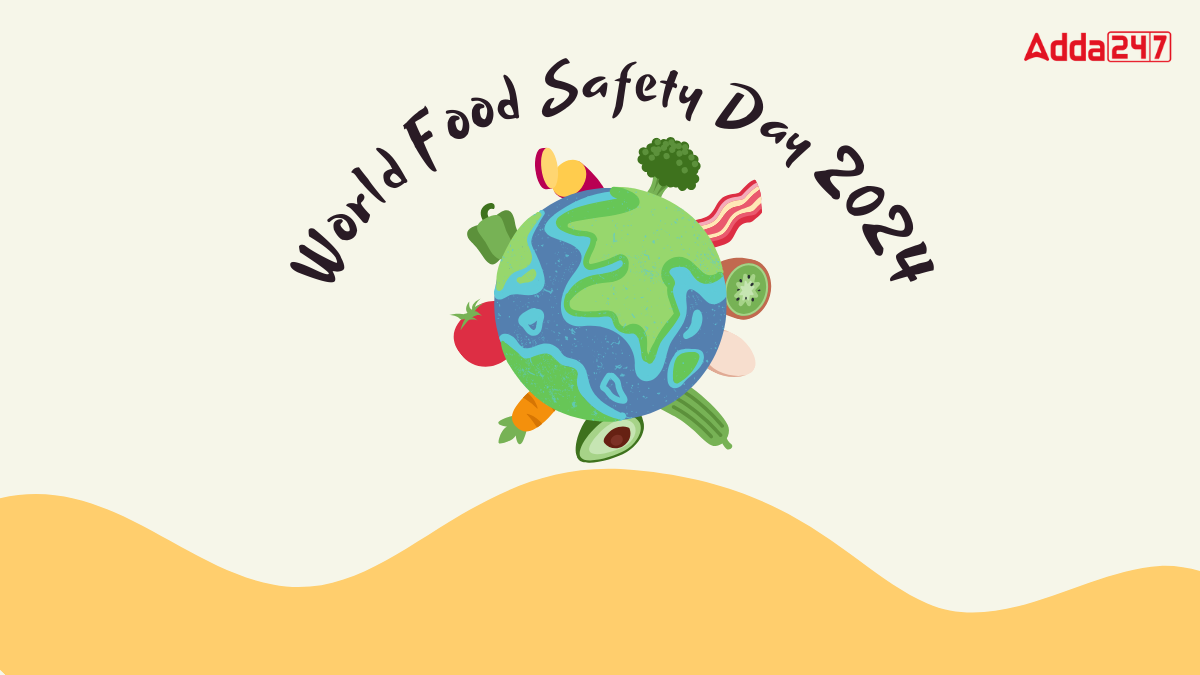World Food Safety Day is an annual event celebrated on June 7th. It aims to raise awareness about the importance of food safety and promote actions to prevent, detect, and manage foodborne risks. This day highlights the critical role that food safety plays in ensuring everyone has access to safe, nutritious, and sufficient food.
Origins of World Food Safety Day
The idea for World Food Safety Day was initially proposed by the United Nations (UN) in 2016. The UN tasked two of its agencies, the Food and Agriculture Organization (FAO) and the World Health Organization (WHO), to collaborate and promote food safety globally.
In 2018, it was decided that June 7th should be declared World Food Safety Day. The World Health Assembly officially passed a resolution to recognize the importance of food security on August 3, 2020.
Why Food Safety Matters
Food safety is a fundamental element of public health and global food security. Unsafe food containing harmful bacteria, viruses, parasites, or chemical substances can cause more than 200 diseases, ranging from diarrheal illnesses to cancers.
According to the WHO, an estimated 600 million people fall ill after eating contaminated food each year, resulting in 420,000 deaths. Foodborne illnesses disproportionately affect vulnerable populations, including children, pregnant women, the elderly, and those with underlying health conditions.
Theme for 2024: “Food Safety: Prepare for the Unexpected”
The theme for World Food Safety Day 2024 is “Food Safety: Prepare for the Unexpected.” This theme highlights the importance of being prepared for food safety incidents, regardless of their severity, and emphasizes the need for food and water security in any situation.
Improving Food Safety is Crucial
Improving food safety is crucial for several reasons:
- Access to safe food is essential for sustaining life and promoting good health.
- Food safety ensures that food remains safe at every stage of the food chain, from production to consumption.
- Unsafe food is a threat to human health and economies, especially affecting vulnerable and marginalized populations.
- Food safety contributes to food security, economic prosperity, agriculture, market access, tourism, and sustainable development.
Everyone’s Responsibility
Food safety is a shared responsibility among governments, producers, and consumers. All stakeholders, including international organizations, the private sector, civil society, and the general public, have a role to play in ensuring the safety of the food we consume.
Governments can establish effective regulatory food control systems, provide access to clean water, and promote good agricultural practices. The private sector can implement food safety management systems, and consumers can make informed and healthy food choices.
World Food Safety Day serves several purposes, including promoting awareness, encouraging action, and strengthening collaboration among stakeholders to enhance food safety systems and practices worldwide.




 Central Excise Day 2026: Why 24 February...
Central Excise Day 2026: Why 24 February...
 World Peace and Understanding Day 2026: ...
World Peace and Understanding Day 2026: ...
 International Mother Language Day 2026: ...
International Mother Language Day 2026: ...








